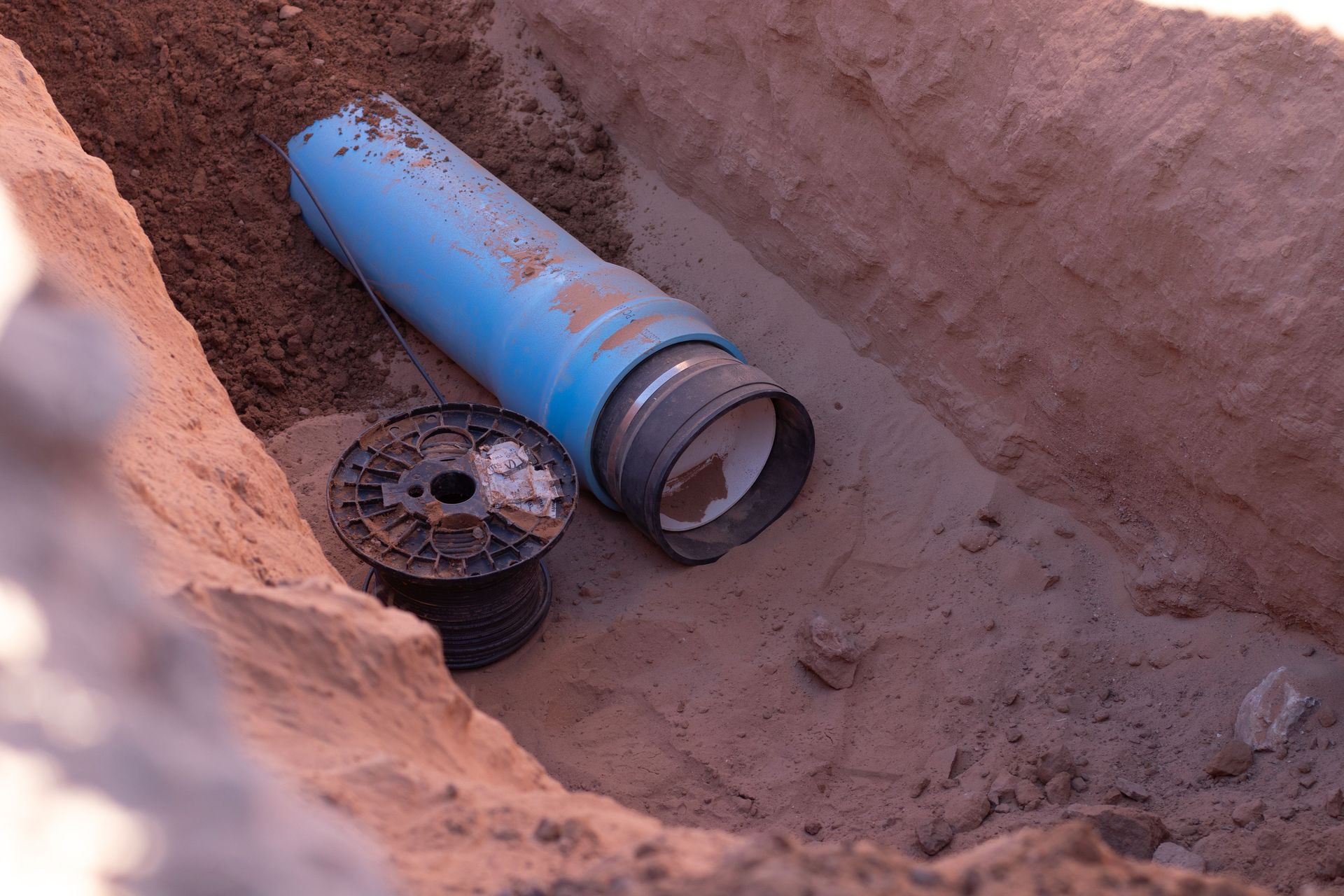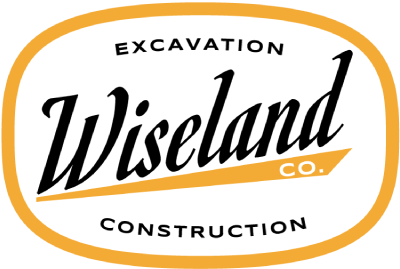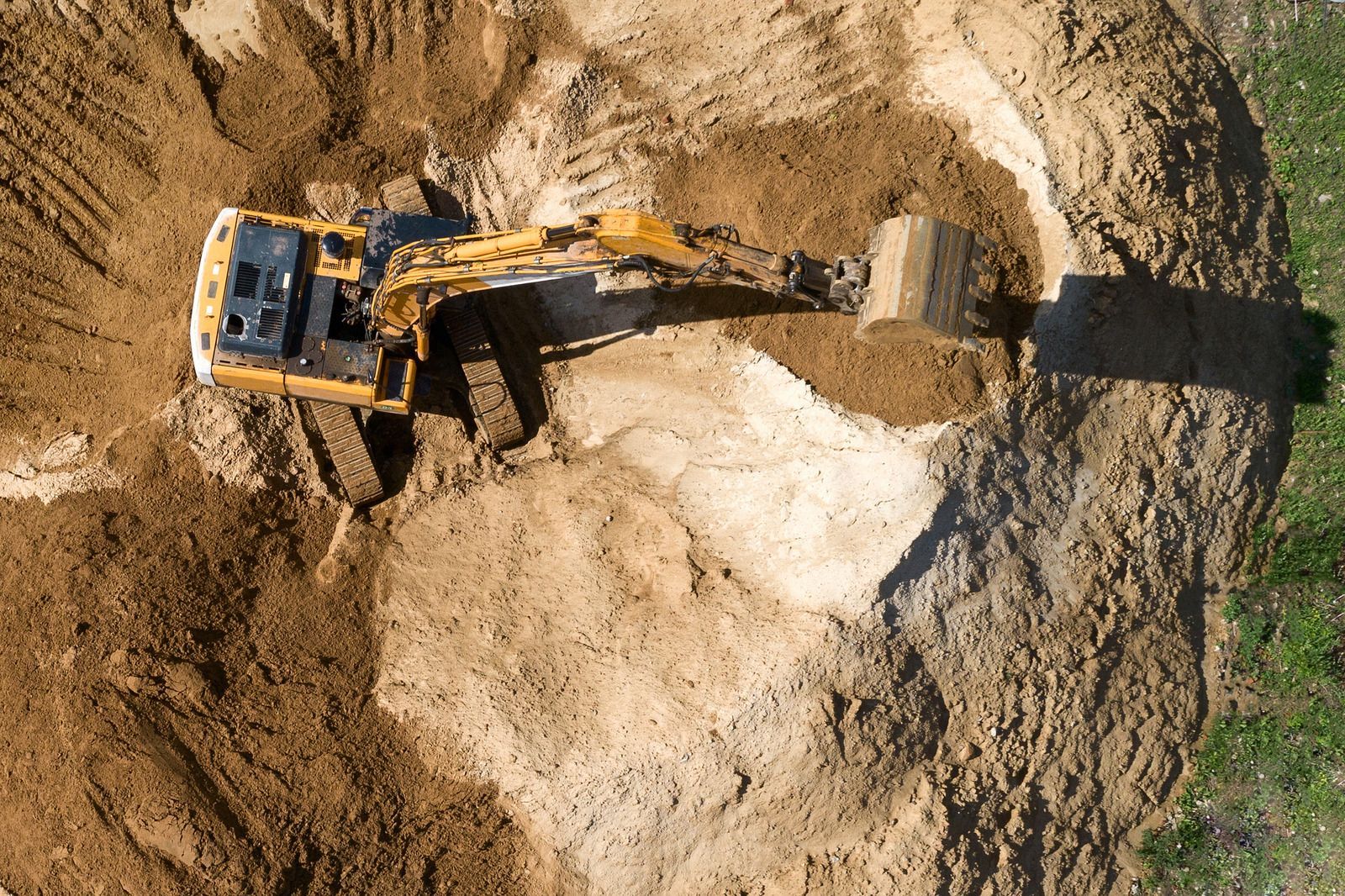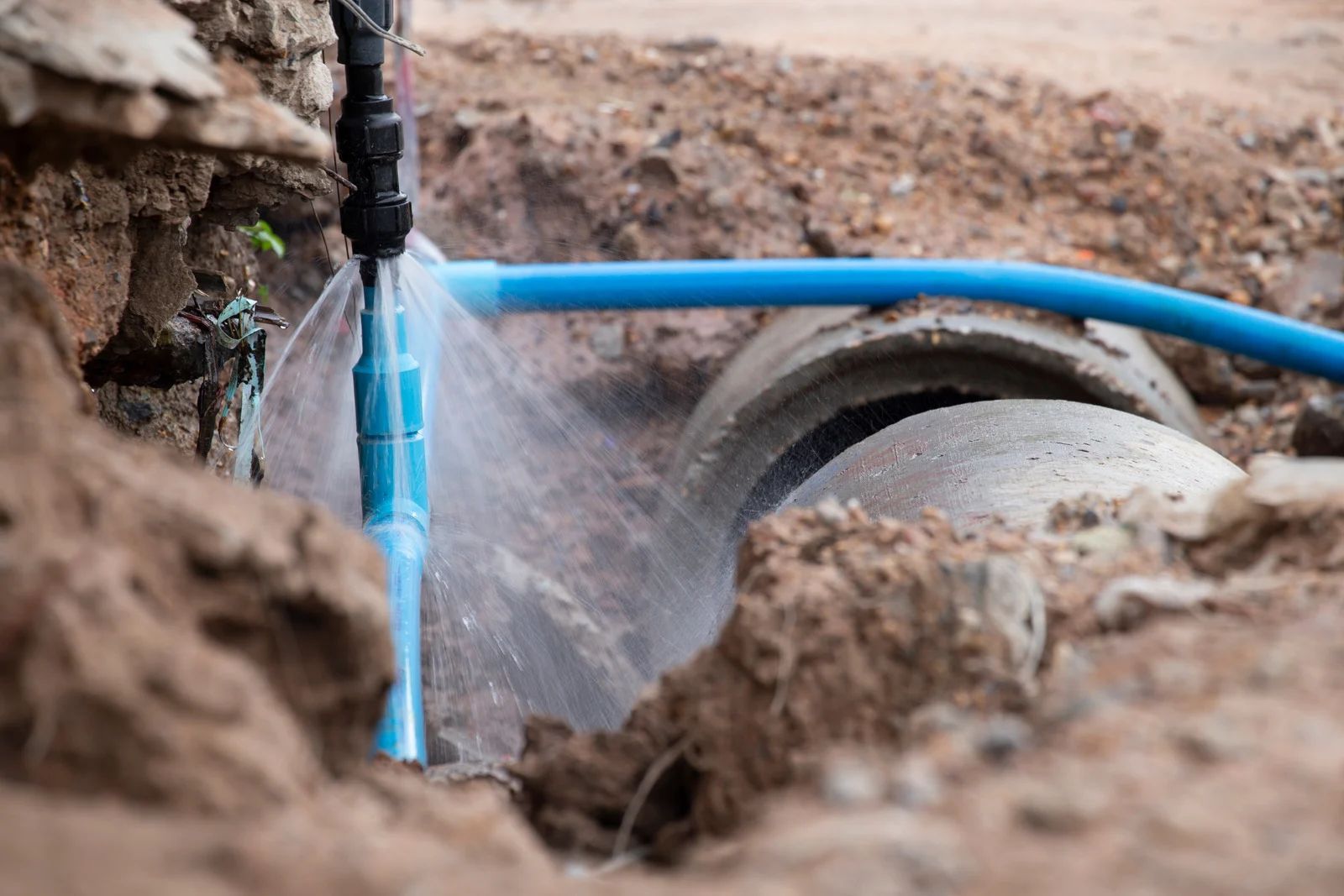Signs You Need a Water Line Replacement in Colorado’s High Desert Climate
Living in Colorado’s high desert climate comes with its unique set of challenges—intense sun, dry air, and significant temperature swings. These environmental factors can take a toll on your home’s infrastructure, especially your water lines. Dry conditions can cause soil to shift, while freeze-thaw cycles can place strain on buried pipes. Over time, these natural elements can weaken your plumbing system, leading to potential failures. Ignoring early signs can lead to water waste, property damage, and costly repairs. That’s why it’s essential to recognize the key signs indicating a need for a water line replacement in this demanding environment.
1. Persistent Low Water Pressure
If you’ve noticed your water pressure has gradually declined, it could indicate a leak or corrosion in your main water line. In Colorado’s arid climate, soil shifts caused by dry spells can stress pipes, leading to cracks and pinhole leaks that reduce pressure. Over time, this pressure loss can affect daily activities such as showering, washing dishes, and irrigation. A thorough inspection can determine whether the issue lies within your main line or internal plumbing.
2. Unexplained Increase in Water Bills
Sudden spikes in your water bill without any change in usage are a telltale sign of a hidden leak. Aging pipes that have deteriorated underground can waste hundreds of gallons daily—often without any visible evidence above ground. If left unchecked, the financial burden can quickly add up. Monitoring your usage trends month to month can help identify anomalies early.
3. Water Discoloration
Rusty or dirty water may mean your water line is corroding on the inside. This is more common with older, galvanized steel lines and is exacerbated by mineral-rich soils common in Colorado’s high desert areas. Discolored water is not only unpleasant but can also stain clothing and fixtures. If the problem persists, a replacement may be the safest long-term solution.
4. Frequent Plumbing Repairs
Have you had to call a plumber multiple times in the past year for pipe-related issues? Frequent repairs often point to a deeper issue within the main water line. The costs and inconvenience of repeated service calls can quickly add up. Replacing the line can restore reliability and prevent emergency plumbing situations.
5. Wet Spots or Sinkholes in Your Yard
Spongy or sunken patches in your landscape—even in the middle of Colorado’s dry season—could be signs of a leaking water main. The escaping water saturates the surrounding soil, which can lead to lawn damage, mold growth, and foundation instability if left unchecked. These wet spots may also attract pests or cause uneven settlement in outdoor structures, such as patios or walkways.
6. Aged Plumbing Infrastructure
If your home is over 40 years old and still has its original plumbing, it’s time to evaluate the condition of your water lines. Old materials like clay or galvanized steel are more susceptible to cracking and corrosion, especially under the environmental stressors found in Colorado’s high desert. Proactive replacement can prevent costly damage and bring your home’s plumbing up to modern standards.
Trust the Local Experts in Excavation and Water Line Services
If any of these signs sound familiar, it may be time to consider replacing your water line. Don’t wait for a small issue to become a major disaster. Wiseland Construction & Excavation is here to help. With 15 years of hands-on experience, our team understands the unique challenges of Colorado’s high desert climate. Based in Palisade, Colorado, we specialize in safe, efficient, and long-lasting excavation and utility solutions. Trust us to provide honest guidance, expert service, and dependable results when your property needs it most.



